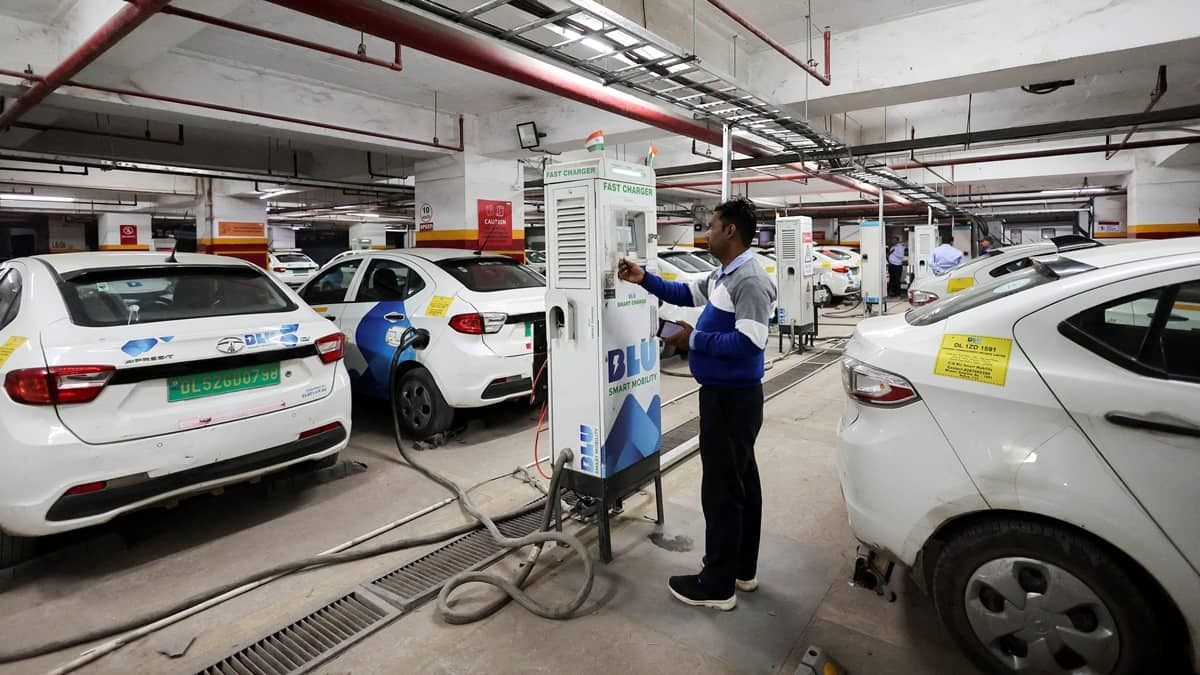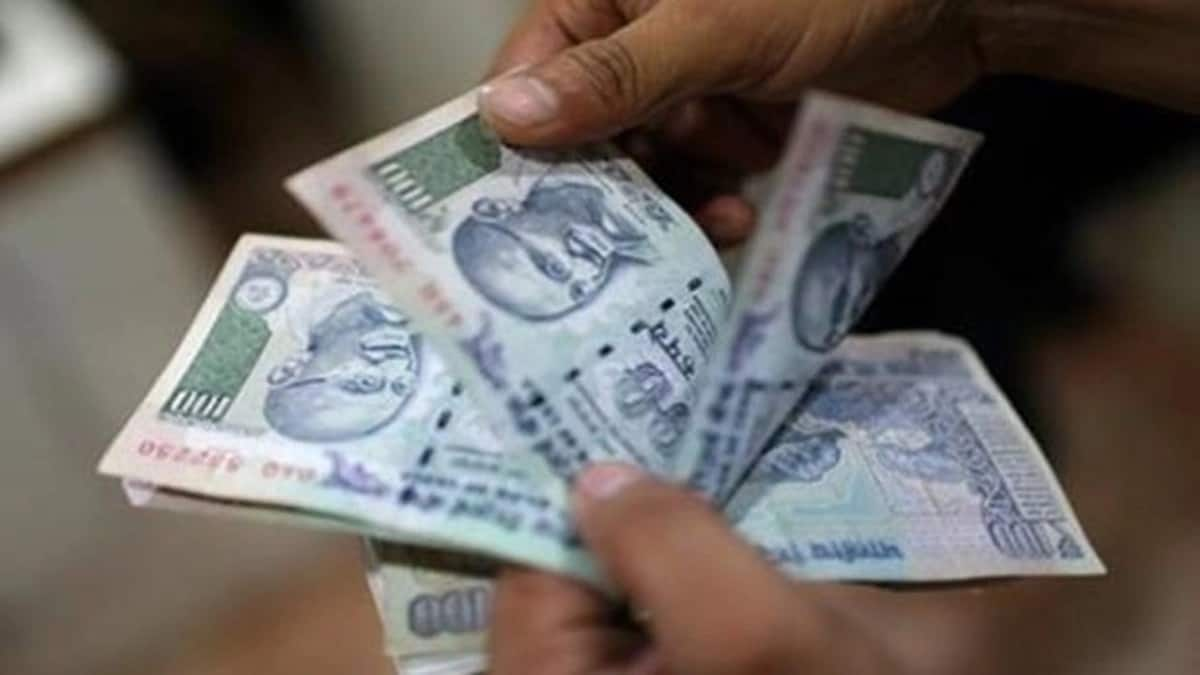2023 car buying trends: Purchase intent for EVs has reduced

A Deloitte study has found that the ‘purchase intent’ for electric cars – percentage of respondents preferring an EV as their next vehicle – has reduced from 54% at the beginning of 2023 to 48% by October 2023. This is despite the fact that more electric cars were launched in India this year than hybrids – a trend that will continue into 2024.
As of December 2023, there were only five hybrid cars in the mass-market space (Honda City e:HEV, Toyota Urban Cruiser Hyryder and Innova Hycross, and Maruti Suzuki Grand Vitara and Invicto), but as many as 10 EV models (Tata Nexon EV, Tiago EV and Tigor EV, Mahindra XUV400, MG ZS EV and Comet EV, Citroën eC3, BYD Atto 3, Hyundai Ioniq 5, and Kia EV6).
“Despite this wide choice, the purchase intent for EVs has come down,” Rajeev Singh, partner and Consumer Industry leader at Deloitte Asia Pacific, told FE. “Charging EVs with the available limited infrastructure is still a challenge, and as more and more people are driving EVs, they have started to realise the limitations related to charging. In addition, high battery replacement cost, lower resale value, and disposition of EVs are other notable factors responsible for low EV penetration in India.”
Lower running costs
For long, EV makers have been arguing about these having lower total cost of ownership (TCO) than petrol/diesel cars and therefore are a better purchase decision. According to studies by carmakers like Tata Motors and MG Motor India — which have an EV portfolio — the running cost of an EV can be as low as Rs 1 to Rs 1.5 per km, compared to Rs 5-6 per km for diesel cars and more for petrol cars. But the sticker price of an EV is higher (because batteries are expensive). For example, the Tata Tiago EV XT LR (Rs 10.24 lakh) is Rs 3.29 lakh more expensive than the Tiago XTA (Rs 6.95 lakh). But calculations show that if you use it more than 12,000 km per year for over eight years, the TCO is lower, and even lesser if you are driving it more.
And yet it appears lower TCO isn’t getting reflected into sales. Singh said that although 70% of the consumers in the Deloitte survey (ConsumerSignals) expect higher gas/fuel prices in the near future, there is a drop in overall consumer sentiment for EVs in India.
Hybrid cars
But the interest in hybrid cars is rising. An industry veteran told FE that with more and more people using hybrids and the ensuing word of mouth about their exceptional fuel efficiency, a lot of Indians are now planning to consider hybrid cars. “These can run as an electric car more than half the time, and don’t need charging infrastructure – the petrol engine charges their battery,” he said.
Previous survey
Earlier this year, Deloitte had released a study noting that people who want to buy EVs aren’t doing it for the environment, but simply because EVs are cheaper to run than petrol/diesel cars and have lower TCO. According to India findings of the ‘2023 Global Automotive Consumer Study’, the top reason for a buyer choosing an EV as her next vehicle was ‘lower fuel costs’, or running costs, followed by ‘better driving experience’, ‘less maintenance than ICE cars’, and ‘using the vehicle as a power source’. ‘Concern about climate change’ was a distant fifth on their list.
EVs vs hybrids
The purchasing intent for EVs has come down to 48%, from 54% at the beginning of this year;
Although 70% of the surveyed consumers are expecting higher gas/fuel prices in the near future, there is a drop in overall consumer sentiment for EVs in India;
Charging EVs with the available limited infrastructure is a challenge;
High battery replacement cost, lower resale value, and disposition of EVs are other notable factors responsible for lesser EV penetration in IndiaHybrid cars outsold EVs in 2023;
In the mass-market space, there are five hybrid models (Honda City e:HEV, Toyota Urban Cruiser Hyryder and Innova Hycross, and Maruti Suzuki Grand Vitara and Invicto), but far more EV models (Tata’s Nexon EV, Tiago EV, Tigor EV, Mahindra’s XUV400, MG ZS EV and Comet, Citroën eC3, BYD Atto 3, Hyundai Ioniq 5, Kia EV6);
In 2024, no new hybrid cars are expected to be launched, but many EVs are coming (Kia EV9, Tesla, Mahindra XUV.e8, Tata’s Curvv EV, Harrier EV, Safari EV and Punch EV).



Leave a Comment